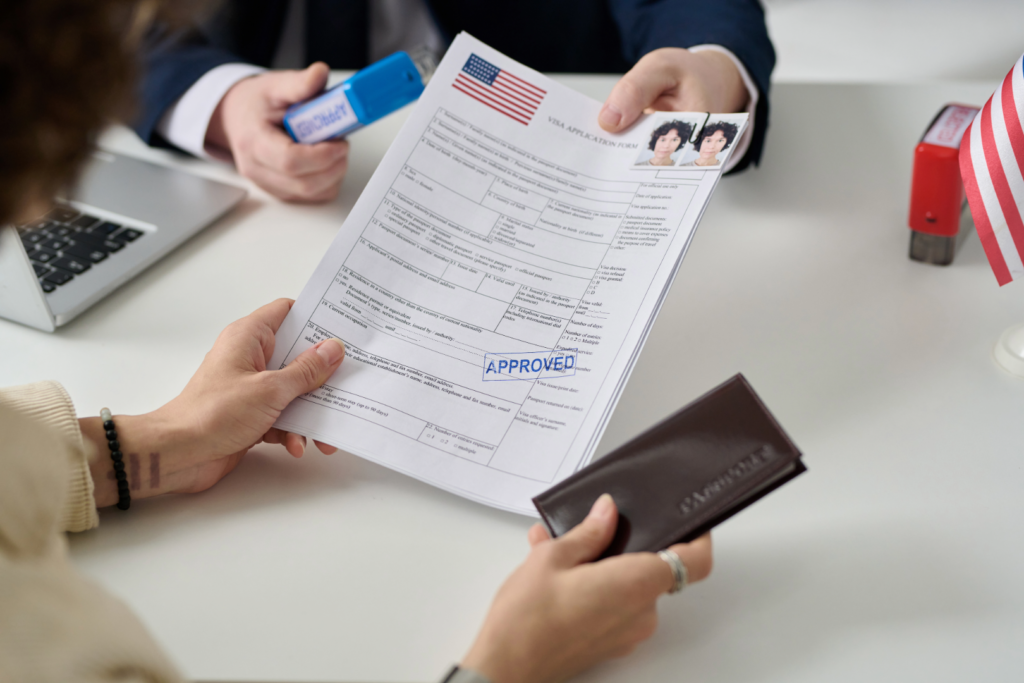
Welcome to Nueva Frontera’s Family Petition Services
At Nueva Frontera, we understand the importance of family unity and everyone’s desire to be close to their loved ones. Our family petition services are focused on the most important of missions, and designed to assist you in reuniting with your family members in the United States.
Who Can File A Family Petition?
U.S. citizens and lawful permanent residents (green card holders) can file family petitions for certain eligible relatives, including:
- Spouses
- Parents
- Children (unmarried and under 21 years old), and
- Siblings (if the petitioner is a U.S. citizen)

Our Process
At Nueva Frontera, we offer comprehensive assistance through the complex family petition process. Our experienced immigration professionals will guide you through each step, including:
Initial Consultation
We will assess your eligibility to submit an I-130 application, discuss the details of your case, and determine the best strategy for your family petition.
Document Preparation
Our team will assist you in gathering and preparing all necessary documents, including evidence of the familial relationship and any supporting documentation.
Filing the Petition
Nueva Frontera ensures that your family petition is accurately completed and filed with the appropriate government agencies, avoiding delays or errors that could severely impact your case.
Follow-Up and Communication
Throughout the process, we will keep you informed of any updates or requests from immigration authorities, and assist you in promptly responding to any inquiries.
Support Beyond Approval
After your family petition is approved, we can continue to assist you with the next steps in the immigration process, such as consular processing or adjustment of status.
The Basics
What Does a Civil Litigation Attorney Do?
- Case Evaluation and Analysis
- Legal Strategy Development
- Preparing and Filing Documents
- Negotiation and Settlement
- Trial Representation
In summary, a civil litigation attorney is a legal professional who guides clients through the intricacies of non-criminal legal disputes.

Why Choose Nueva Frontera?
Experience
Experience
Our team has extensive experience in handling family-based immigration cases, ensuring that your petition has the absolute best chance for success.
Personalized Service
Personalized Service
We understand that every family situation is unique, and we make every effort to tailor our services to meet your specific needs and concerns.
Comprehensive Support
Comprehensive Support
From initial consultation to final approval, we provide comprehensive support and guidance through every stage of the process.
Peace of Mind
Peace of Mind
With our legal assistance, you can navigate the complex immigration system with confidence, knowing that your family's future is in competent and compassionate hands.
Get Started Today
If you're ready to begin the process of bringing your family closer together, we're here to help with every step. Contact our team today to schedule a consultation with one of our knowledgeable immigration professionals.
At Nueva Frontera, we're dedicated to helping families build a brighter future together.



